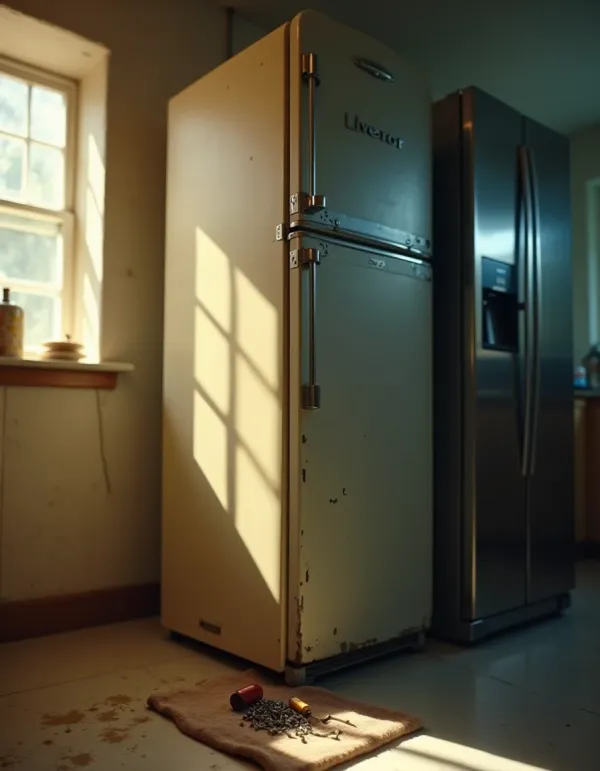I Let My Ex Go to Jail — Did I Do the Right Thing?
He refused to pay child support or even sign paperwork, so the court threatened jail. This article explains why holding him accountable protected your children, what to do next, and how to support your family.

What happened — in plain language
You’re asking: I had a former husband who wouldn’t pay child support, wouldn’t even give an address or sign paperwork to transfer parental rights, and now the court has him facing jail time for unpaid child support. Am I the jerk for “letting” that happen?
Short answer: you’re not the bad guy here. Plenty of people say the responsibility was always his — not yours.
Why most people think you did the right thing
- He owed money to your children, not to you. Courts enforce child support, and failing to pay can lead to contempt or jail — that’s a system thing, not a personal vendetta.
- He walked away from basic responsibilities (communication, payments, cooperation). When someone refuses to help make a fix possible — like providing an address or signing forms — you aren’t obligated to play fixer.
- Some people argue jail might force him into treatment or into reality. Others see it as appropriate accountability for a parent who won’t provide for their kids.
Practical things people recommend you do next
- Keep records. Save texts, emails, court orders, payment histories. Documentation protects you and your kids.
- Talk to your lawyer or your state child support agency. They handle enforcement, wage garnishment, license suspension, and other remedies if he won’t pay. (See more on child support: Wikipedia: Child support.)
- Think twice before signing away parental rights. If you want an adoption or a clean break, do it with full legal advice — and only if you’re sure it won’t harm your children financially or emotionally later.
- Consider support for your kids. Therapy or school counseling can help them process abandonment and instability.
- Set boundaries. If he’s a substance user or unreliable, protect your household and your kids’ well‑being first.
Big-picture perspective
There’s a difference between compassion and enabling. You can feel sorry for someone and still refuse to be the person who cleans up their mess. When a parent repeatedly refuses to support their children, many people say the legal consequences are deserved — and sometimes necessary to protect the kids’ future.
Bottom line: you didn’t cause his choices. You protected your children’s rights and left accountability where it belongs — with him and the courts.
If you’re unsure about any legal move, get a consultation. You can be firm without being cruel, and you can look after your kids while the system handles a parent who won’t.




